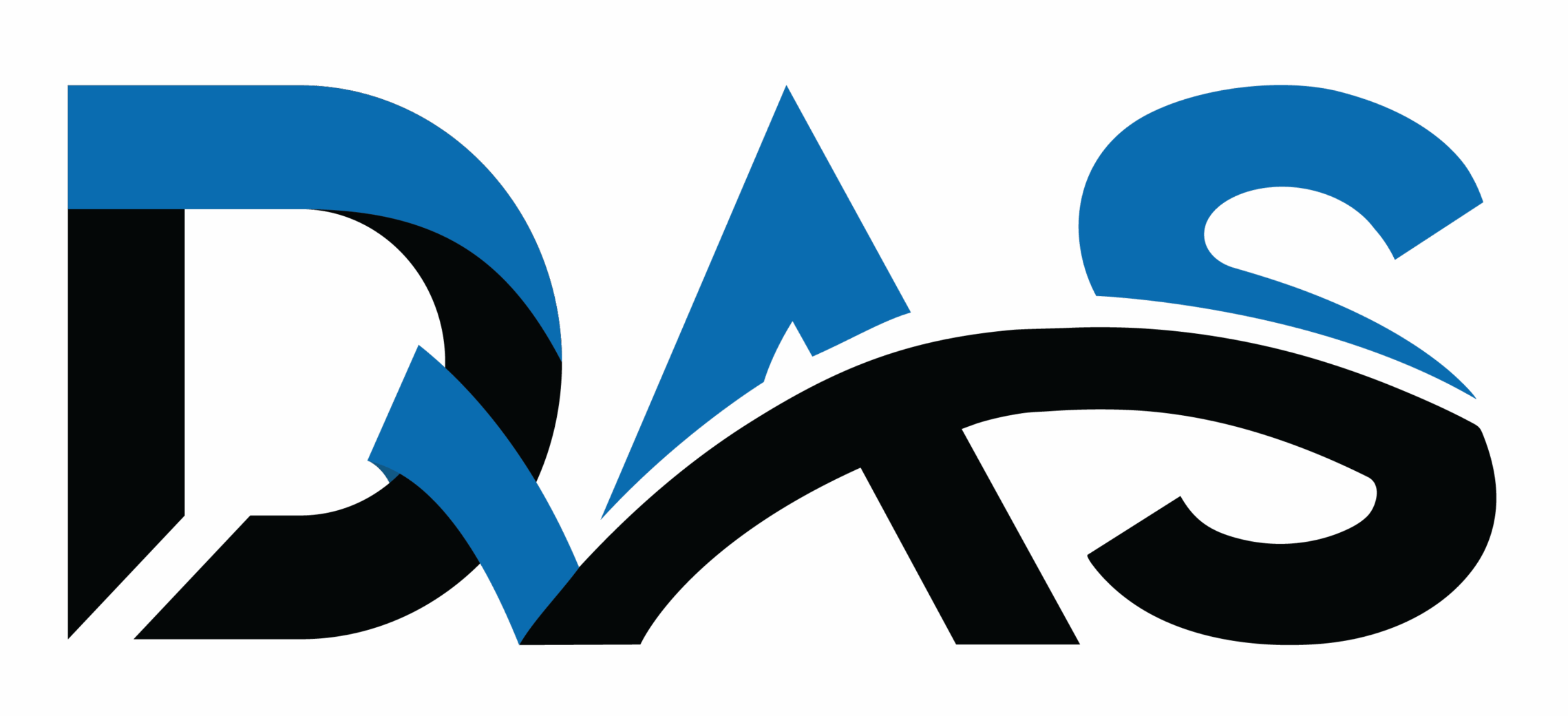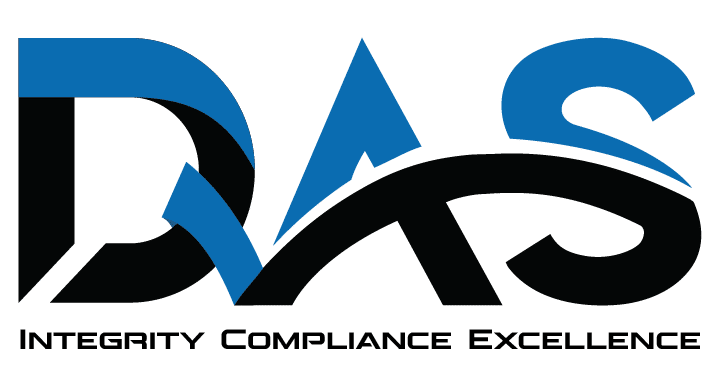ISO 22000 Certification
DAS is the representative of SMG Inc Canada under an agency agreement to provide 3rd party certification services for multiple standards as per Schedule of Accreditation, SMG is holding Accreditation form International Accreditations Services -IAS (USA Accreditation Body) and IAS is the member of International Accreditation Forum (IAF)
ISO 22000 is also used as a basis for the Food Safety Systems Certification (FSSC) Scheme FSSC 22000. FSSC 22000 is a Global Food Safety Initiative (GFSI) approved scheme.
ISO has published additional standards that are related to ISO 22000. These standards are known as the ISO 22000 family of standards. Understanding these standards is also very important and useful while developing and implanting ISO 22000 standard in any specific food business. At the present time, the following standards will make up the ISO 22000 family of standards:

ISO 22000 – Food safety management systems – Requirements for any organization in the food chain.
ISO 22001 – Guidelines on the application of ISO 9001:2000 for the food and drink industry (replaces: ISO 15161:2001 Withdrawn).
ISO/TS 22002- Prerequisite programmes on food safety—Part 1: Food manufacturing;
Part 2: Catering
Part 3: Farming
Part 4: Food packaging manufacturing
Part 5: Transport and storage
Part 6: Feed and animal food production
ISO/TS 22003 – Food safety — Part 1: Requirements for bodies providing audit and certification of food safety management systems; Part 2: Requirements for bodies providing evaluation and certification of products, processes and services, including an audit of the food safety system
ISO/TS 22004 – Food safety management systems – Guidance on the application of ISO 22000:2005.
ISO 22005 – Traceability in the feed and food chain – General principles and basic requirements for system design and implementation.
ISO 22006 – Quality management systems – Guidance on the application of ISO 9002:2000 for crop production.
ISO 22000 Standard?
ISO 22000:2018 is an international standard that defines the requirements of a food safety management system covering all organizations in the food chain from (farm to fork). The standard combines generally recognized key elements to ensure food safety along the food chain, including:
Interactive communication Systems management Control of food safety hazards through pre-requisite programmed and HACCP plans Continual improvement and updating of the food safety management system.
It is designed for any organization in the food chain, from farm to fork, to ensure food safety hazards are identified, controlled, and minimized.
The standard integrates the principles of Hazard Analysis and Critical Control Points (HACCP) with preventive and management system approaches and is aligned with the ISO High-Level Structure (Annex SL), making it easier to integrate with ISO 9001, ISO 14001, etc.
Key Requirements of ISO 22000:2018
ISO 22000 includes the following main clauses:
1. Context of the Organization (Clause 4)
- Identify internal and external issues affecting food safety.
- Understand the needs of interested parties.
- Define the FSMS scope and processes.
2. Leadership (Clause 5)
- Ensure top management commitment to food safety.
- Define a food safety policy.
- Assign clear roles and responsibilities.
3. Planning (Clause 6)
- Identify risks and opportunities.
- Set measurable food safety objectives.
- Plan changes to the FSMS.
4. Support (Clause 7)
- Provide competent personnel and awareness training.
- Ensure communication and documented information are effective.
5. Operation (Clause 8) (Core of the FSMS)
- Implement Prerequisite Programs (PRPs).
- Perform hazard analysis.
- Establish and manage Critical Control Points (CCPs) and Operational PRPs (oPRPs).
- Develop traceability and emergency preparedness procedures.
6. Performance Evaluation (Clause 9)
- Monitor and measure FSMS performance.
- Conduct internal audits.
- Perform management reviews.
7. Improvement (Clause 10)
- Manage nonconformities and implement corrective actions.
- Continuously improve FSMS effectiveness.
Benefits of 3rd Party ISO 22000 Certification
- Ensures Safe Food Handling and Processing
- Certification confirms your organization follows globally accepted food safety practices.
- Builds Consumer and Stakeholder Confidence
- Demonstrates a strong commitment to delivering safe and quality food products.
- Improves Legal and Regulatory Compliance
- Helps ensure compliance with local and international food safety regulations.
- Supports Global Market Access
- Certification can be a requirement for export and partnerships in international markets.
- Enhances Operational Efficiency
- Structured processes reduce errors, food recalls, and product wastage.
- Facilitates Supply Chain Confidence
- Certified suppliers are preferred by customers seeking food safety assurance.
- Promotes Continuous Improvement
- Encourages proactive risk management and continual enhancement of food safety practices.
- Supports Integration with Other ISO Standards
- Easy integration with ISO 9001 (Quality) or ISO 14001 (Environment) due to a common. structure.

